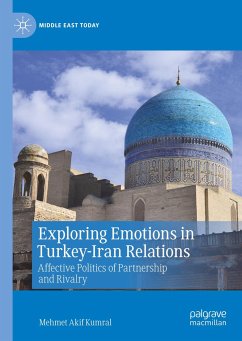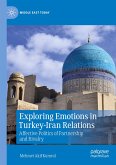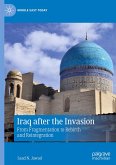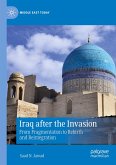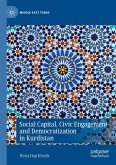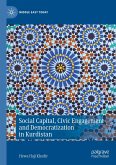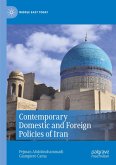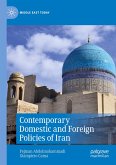This book explores emotional-affective implications of partnership and rivalry in Turkey-Iran relations. The main proposition of this research underlines the theoretical need to reconnect psycho-social conceptualizations of "emotionality," "affectivity," "normativity," and "relationality." By combining key theoretical findings, the book offers a holistic conceptual framework to better analyze emotional-affective configuration of relational rules and roles in trans-governmental neighborhood interactions. The empirical chapters look at four consecutive periods extending from the end of First World War (November 1918) to the resuscitation of US sanctions against Iran (November 2018). In each episode, global-regional contours and dyadic dynamics of Ankara-Tehran relationship are examined critically. The century-long history of emotional entanglements and affective arrangements exposes complex patterning of "feeling rules." Two countervailing constellations still reign over relationalnarratives. While the 1514 Çaldiran war myth reproduces sectarian resentment and confrontational climate, the 1639 Kasr-i Sirin peace story reconstructs secular sympathy and collaborative atmosphere in Turkish-Iranian affairs.
"Exploring Emotions in Turkey-Iran Relations provides valuable historical and theoretical insights into Turkish-Iranian affairs, focusing on emotional diplomacy and affective norms. It also gives a detailed analysis of each country's domestic factors and how domestic politics determined their bilateral affairs. ... Exploring Emotions in Turkey-Iran Relations will become a seminal source for future studies on Turkey and Iran, providing an essential addition to the literature on Turkish-Iranian affairs, with its theoretical framework on emotions and affective norms." (Cangül Altundas-Akçay, Insight Turkey, Vol. 23 (2), 2021)

